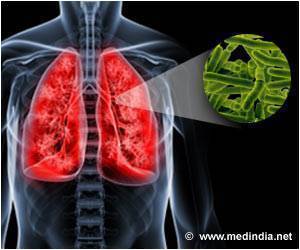
Reed Cartwright, a researcher at Arizona State University's Biodesign Institute, along with colleagues at ASU, Washington University and the Wellcome Trust Sanger Institute, Cambridge, UK, report on a new software tool known as DeNovoGear, which uses statistical probabilities to help identify mutations and more accurately pinpoint their source and their possible significance for health.
Improvements in the accuracy of mutation identification and validation could have a profound impact on the diagnosis and treatment of mutation-related diseases.
"These techniques are being considered in two different realms," Cartwright says. "The first is for pediatric diseases." Here, a child with an unusual genetic disease may undergo genomic sequencing to see if the mutations observed have been acquired from the parents or are instead, unique to the child. "We can identify these mutations and try to detect which gene may be broken," he says.
The second application is for cancer research, where tumor tissues are genetically compared with normal tissue. Many now believe that the identification of a specific cancer mutation may eventually permit clinicians to customize a treatment for that tissue type. "We are developing methods to allow researchers to make those types of analyses, using advanced, probabilistic methods," Cartwright says. "We actually model the whole process."
Indeed, the method described provides the first model-based approach for ferreting out certain types of mutations. The group's research results appear in today's issue of the journal Nature Methods.
Advertisement
Traditionally, two approaches for identifying de novo mutation rates in humans have been applied, each involving estimates of average mutations over multiple generations. In the first, such rates are measured directly through an estimation of the number of mutations occurring over a known number of generations. In the second or indirect method, mutation rates are inferred by estimating levels of genetic variation within or between species.
Advertisement
"This collaboration started a few years ago, when Donald and I were both working on mutations for the 1000 genomes project," Cartwright says, referring to an ambitious project to produce a comprehensive map of human variation using next-gen sequencing.
Source-Eurekalert












